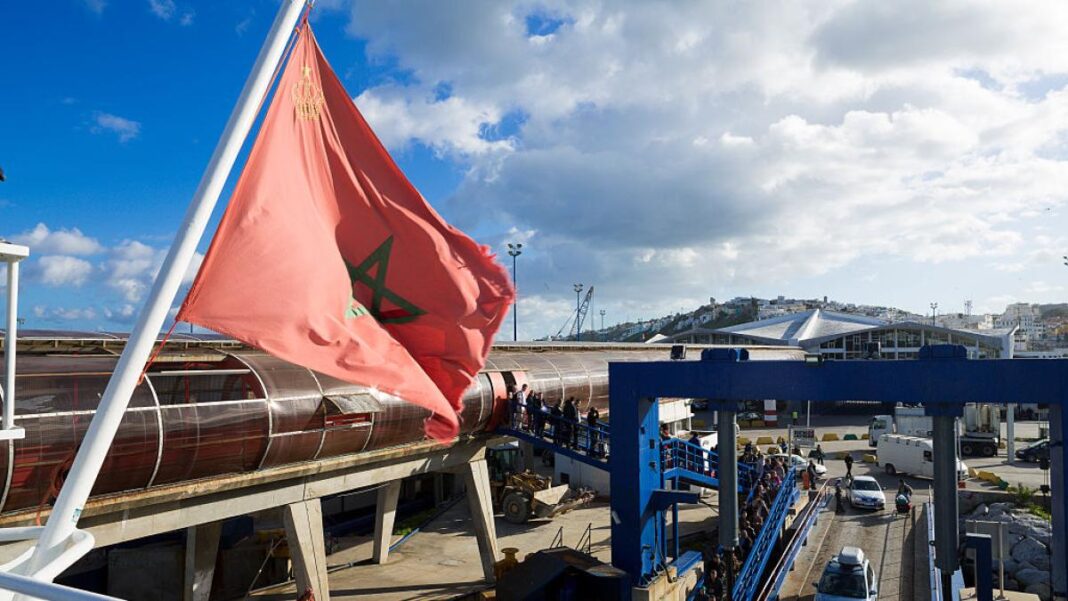BTN News: The region of Tangier-Tetouan-Al Hoceima, strategically located in northern Morocco, is increasingly positioning itself as a premier destination for foreign investment. This burgeoning region recently showcased its diverse opportunities during the “Doing Business in Tangier-Tetouan-Al Hoceima Region” event, held at the Port Authority of Valencia. The event served as a significant milestone in strengthening the robust ties between Morocco and Spain, highlighting the immense investment potential that the northern Moroccan region offers to Spanish and Valencian entrepreneurs.
This event, which follows previous editions in Casablanca, Barcelona, and Seville, provided a platform to underscore the strong economic relationship between Morocco and Spain. It particularly emphasized the investment opportunities that Tangier-Tetouan-Al Hoceima offers to businesses eager to tap into a region known for its strategic location, skilled labor force, and growing infrastructure. Entrepreneurs and investors from Spain, especially those based in Valencia, were presented with compelling reasons to consider this northern Moroccan region as a gateway to broader African markets.
Among the success stories shared during the event was that of Omar El Hzoumri, the General Director of ILYATEX, who has seen his textile import business thrive in the Tangier-Tetouan-Al Hoceima region. El Hzoumri’s experience stands as a testament to the region’s potential, illustrating how businesses can achieve significant growth by tapping into the opportunities available in this part of Morocco. He expressed deep gratitude to the Generalitat of the Valencian Community for facilitating his participation in the event, which he believes is highly beneficial for fostering stronger economic ties between Morocco and Spain.
ILYATEX, under El Hzoumri’s leadership, operates primarily in Morocco, with a strong focus on the distribution of textiles, footwear, and home décor items. His other company, Tifamar Textiles, is based in the Valencian Community and complements ILYATEX’s operations by focusing on the import-export dynamics between northern Morocco, Africa, and the Middle East. This strategic approach has enabled both companies to achieve substantial internationalization, making them key players in the regional and global markets.
El Hzoumri lauded the event as “excellent,” emphasizing the networking opportunities it provided with port authorities, Chambers of Commerce, and Investment Centers. These connections are crucial for exchanging ideas and enhancing future collaborations, particularly as businesses look to expand their reach across borders. He also highlighted the continuous support from his Spanish partners, who have been instrumental in providing the necessary information and resources to propel their joint ventures forward. This cooperative spirit is a cornerstone of the successful commercial relationship between Spain and Morocco.
Moreover, El Hzoumri pointed out that organizing more events like this one could significantly boost the visibility of their products and help penetrate new markets, especially in Africa—a continent that holds immense growth potential. He believes that such initiatives are essential for expanding business horizons and creating new opportunities for collaboration between Moroccan and Spanish enterprises.
Looking ahead, El Hzoumri also reflected on the potential benefits that the joint organization of the 2030 FIFA World Cup by Morocco, Spain, and Portugal could bring to the textile sector. He anticipates an increase in demand and collaboration with Spanish companies, driven by the global attention that this event will attract to the region. Such large-scale events present unique opportunities for sectors like textiles to expand their market reach and establish new partnerships.
In conclusion, El Hzoumri advised entrepreneurs interested in investing in Morocco to rely on public institutions to ensure security and access to vital information before making any decisions. He stressed the importance of understanding the needs and demands of the Moroccan market, which he views as a promising landscape for new businesses. However, success in Morocco requires thorough preparation and a strategic approach, ensuring that investors are well-equipped to navigate the unique challenges and opportunities the region presents.
With its strategic location, favorable business environment, and strong ties with Spain, the Tangier-Tetouan-Al Hoceima region is emerging as a prime destination for foreign investment, offering a wealth of opportunities for entrepreneurs ready to explore new markets and expand their global footprint.


